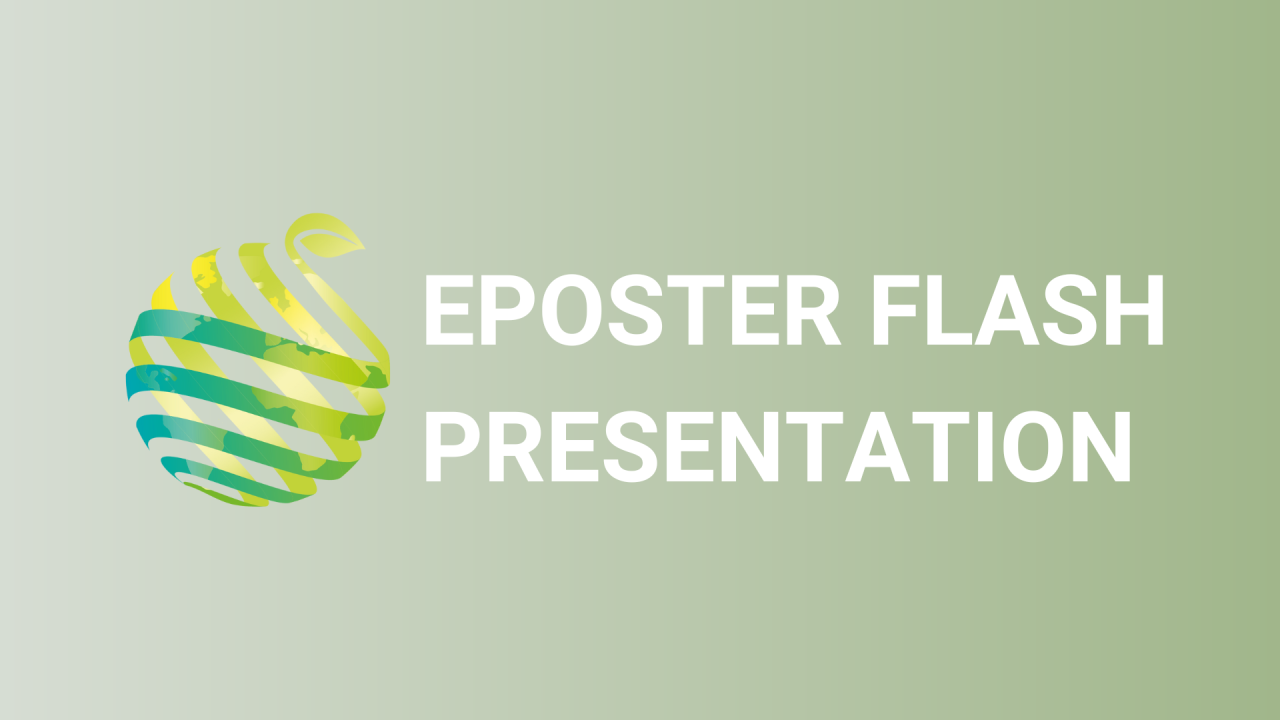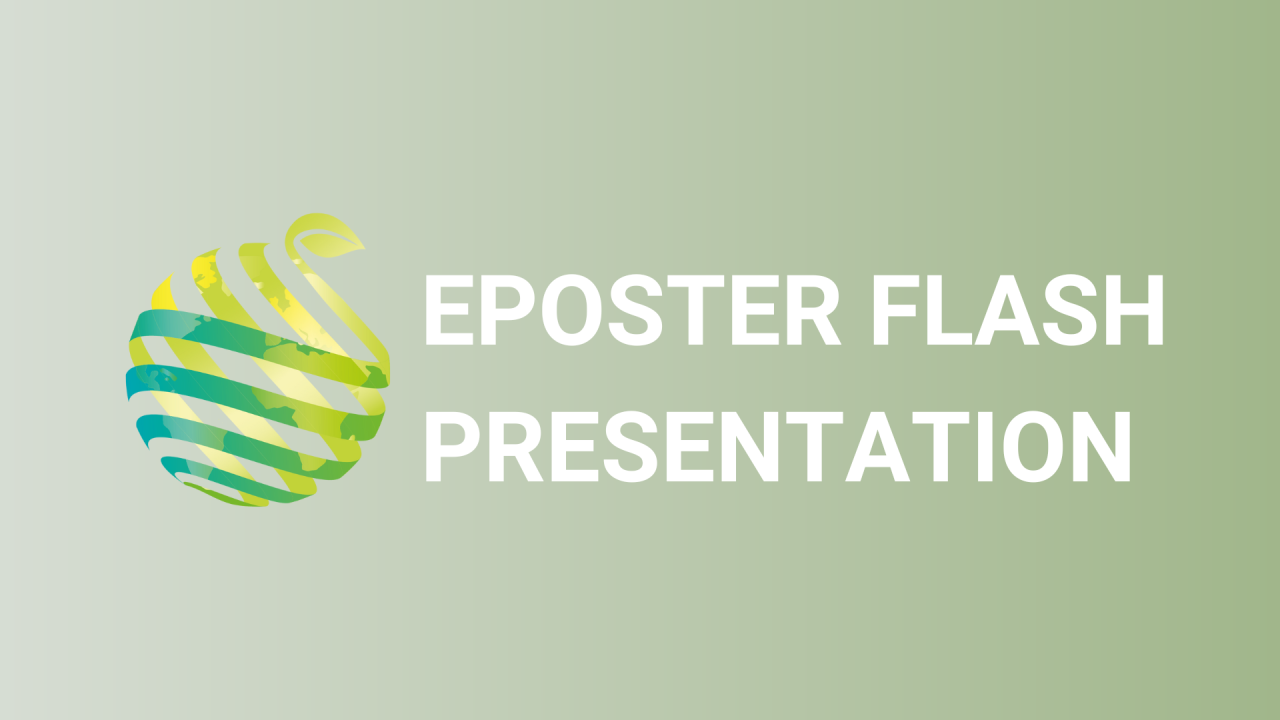

S04 - Session P4 - Ethylene concentration is influenced by polyamine addition during somatic organogenesis in lemon (Citrus limon)
Information
Authors: Marga Pérez Jiménez *, Virginia Celdrán-Sánchez, Fernando Córdoba, Olaya Pérez-Tornero
In many lemon cultivars, somatic organogenesis can be influenced by ethylene production. Moreover, it is known that ethylene biosynthesis is linked with polyamines. Therefore, in this study, polyamine effect on lemon somatic organogenesis and ethylene production was evaluated. To this effect, three polyamines (putrescine, spermidine, and spermine) were added in four different concentrations to 'Fino 49' and 'Verna 51' regenerating culture media. Nodal segments deprived from preexisting buds of these two cultivars were cultured in those media to evaluate their effect. As a result, polyamine addition at low concentrations was able to boost regeneration percentage and rate in 'Verna 51'. Media with 0.3 mM of spermidine delivered the best result: regeneration percentage increased by 52%, and regeneration rate, by 72%, when compared to control conditions. On the contrary, polyamine addition had a negative effect on 'Fino 49' regeneration, and regeneration rates and percentage decreased with any concentration of any polyamine. No link between ethylene production and regeneration was found. All concentrations of putrescine induced a marked decrease in ethylene levels, while ethylene detection only decreased in spermidine and spermine at the highest concentrations. Results suggest a synergic action of polyamines and cytokinins with regards to regeneration, with a strong influence of the genotype.